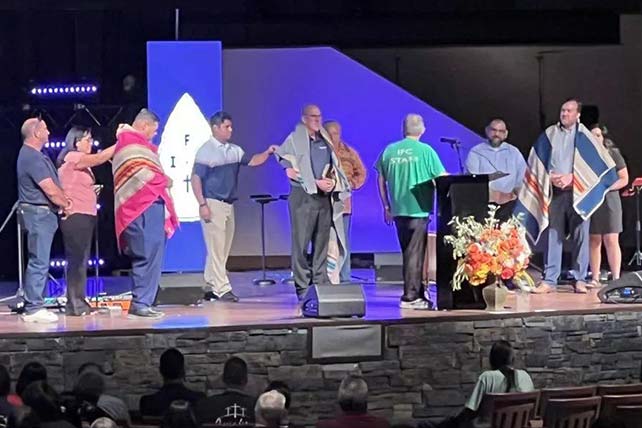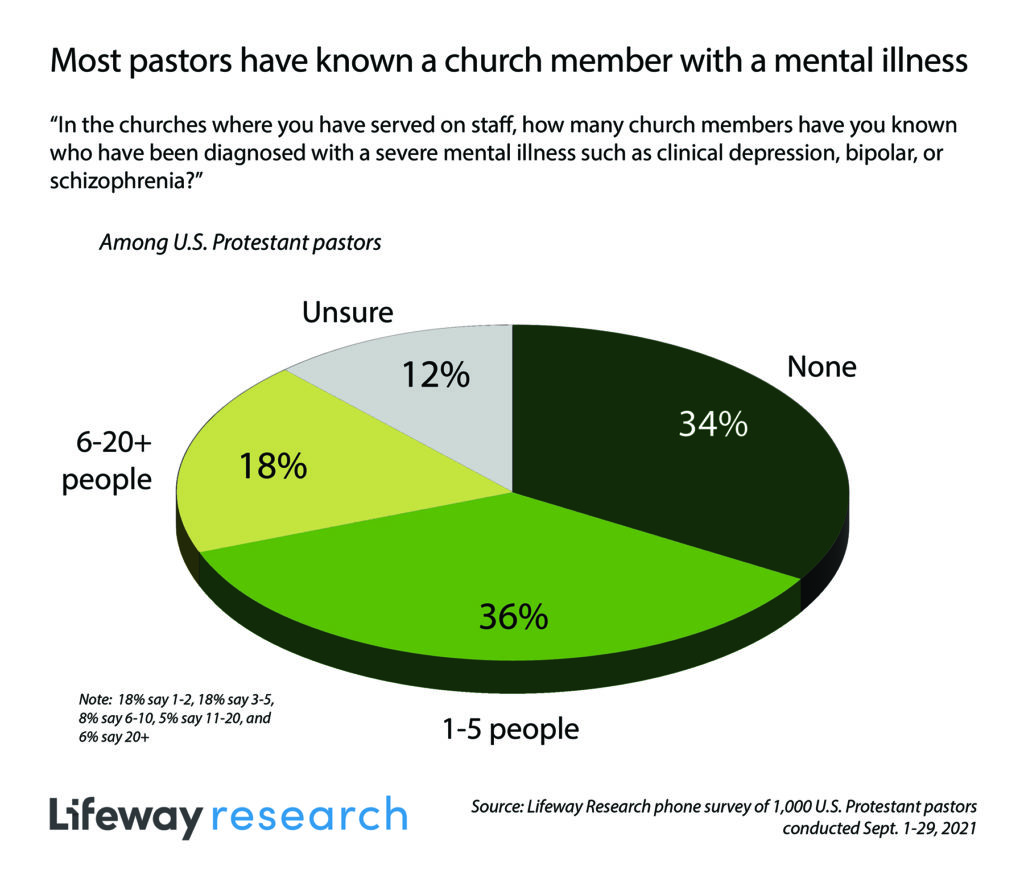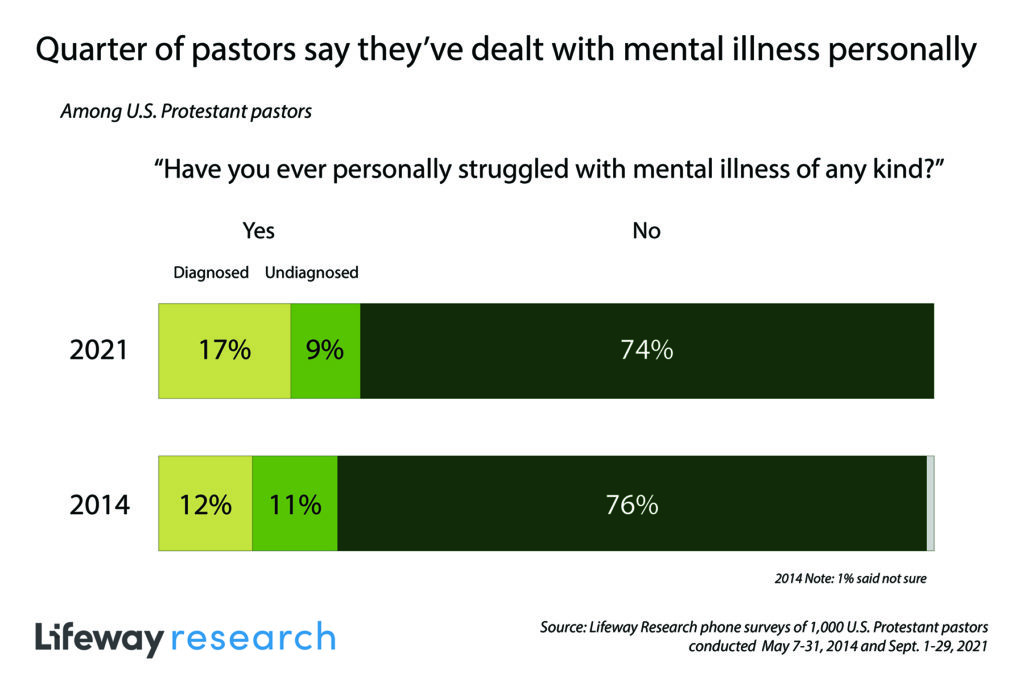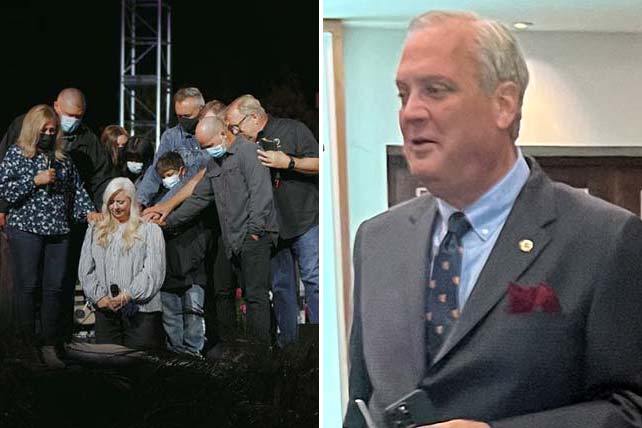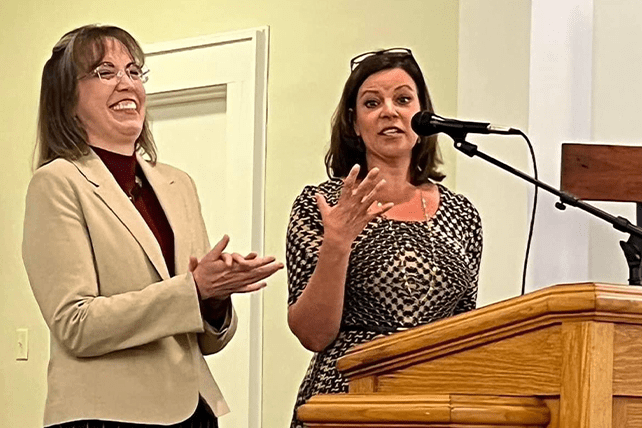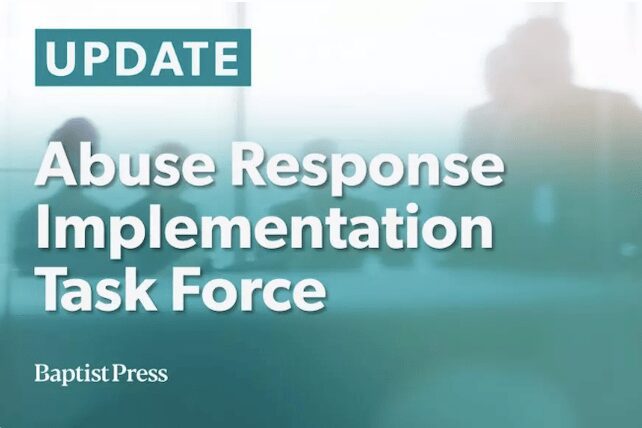(RNS) — “Father, is it a sin to kill the enemy?” This is the question the Rev. Sergiy Berezhnoy, an Orthodox priest and chaplain with the Ukrainian army in Kyiv’s 42nd Battalion, hears most often from soldiers headed to the front lines of the war with Russia.
The 38-year-old clergyman — who, despite spending his days packing humanitarian aid headed for hard-hit areas and presiding over frequent funerals at cemeteries and crematoriums, exudes sincere pastoral warmth — said he fields this question amid the bustle of military buildings and the candlelit quiet of church alike.
Soldiers often come to Berezhnoy’s parish, situated right off a busy road in a semi-industrial neighborhood north of the city center, seeking confession and Communion before leaving for combat.
The church, named in honor of the Kyivan saints, stands between a gas station and the shores of Lake Jordan. While the small wooden structure looks more like a warming house than a grand cathedral, Berezhnoy excitedly points out that the parish stands on an auspicious site.
According to Berezhnoy, local historians consider the nearby lake to be the remnants of the historic Pochaina River, where the historical Baptism of the Kyivan Rus took place, an event that was commemorated both in Ukraine and Russia last Thursday (July 28).
The Baptism of Kyivan Rus commemorates the medieval mass baptism event in Kyiv in 988, commanded by Grand Prince Volodymyr. While Christianity had existed in parts of the medieval Slavic kingdoms before this time, the large-scale baptism in Kyiv is remembered as the Christianization of the area as Christianity officially became the state religion for the first time.
In opposition to how Russian President Vladimir Putin has long characterized the event to claim Ukraine should be part of Russia, Ukraine’s president, Volodymyr Zelenskyy, introduced Ukrainian Statehood Day, to be celebrated alongside the story of the historic baptism.
From these shores of national mythos, soldiers visiting Berezhnoy make their way to the country’s most heavily hit areas, such as the Donbas region in the east. Or the southern city of Kherson, where the Ukrainian army has launched an ambitious bid to retake the city from Russian control.
So what is the chaplain’s answer to these men and women who have chosen to defend a country under siege since February?
“My answer for them is, you are not going to kill an enemy,” Berezhnoy told Religion News Service over Zoom from Kyiv earlier this month, his black clergy shirt and white collar peeking out from underneath his camo military jacket. “You are going to protect our children, our wives, sisters, brothers, fathers, mothers — all Ukrainians.”
The issue of Ukrainian identity, and what is required to protect it, is not isolated to life on the front lines.
For many Ukrainian Orthodox Christians, and clergy in particular, the question of religious identity in relationship to the Russian Orthodox Church has become increasingly unavoidable.
The choice comes down to which church to be a part of: the 3-year-old independent Orthodox Church of Ukraine or the older, larger Ukrainian Orthodox Church, which has historic ties with Moscow.


